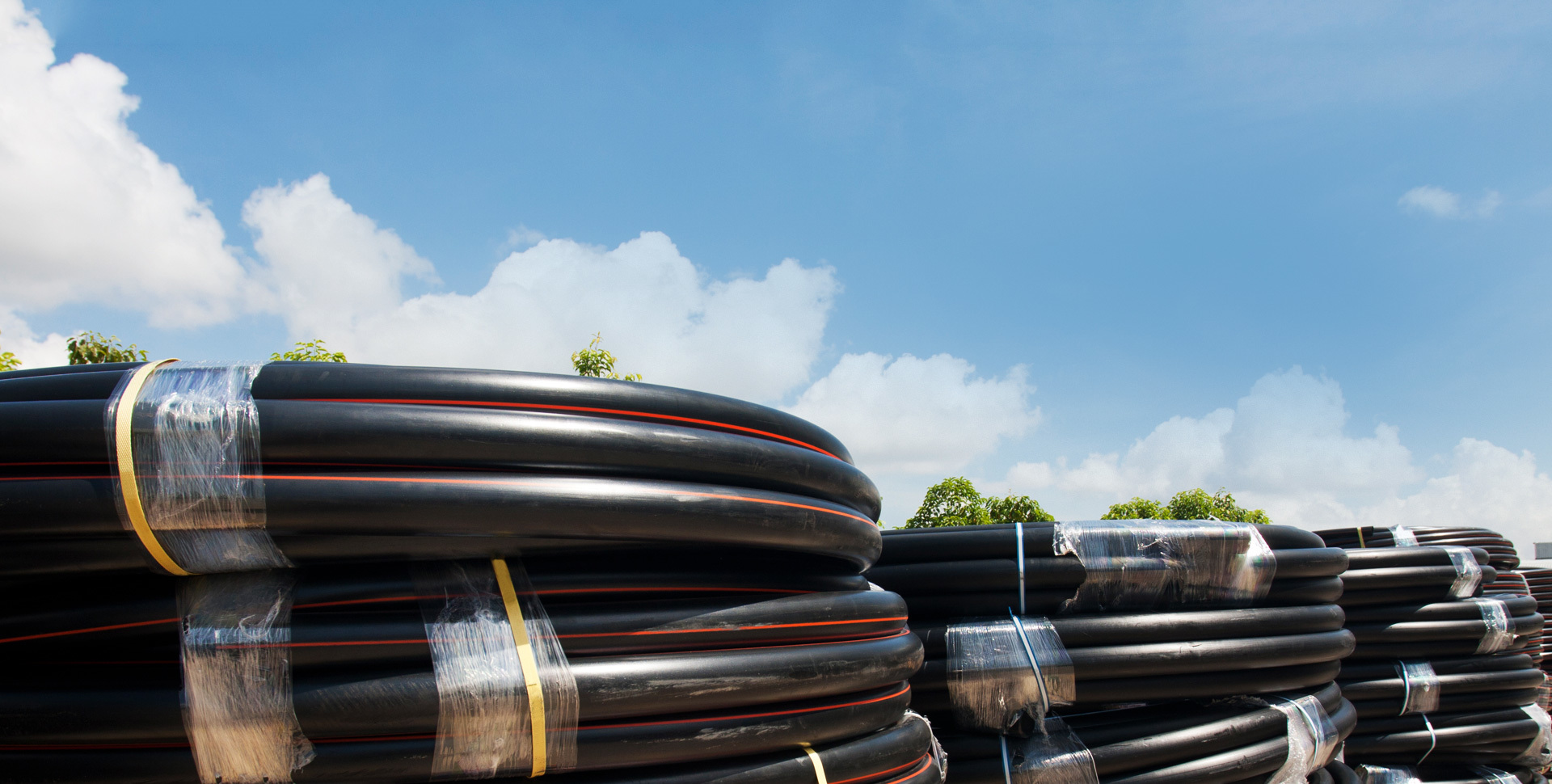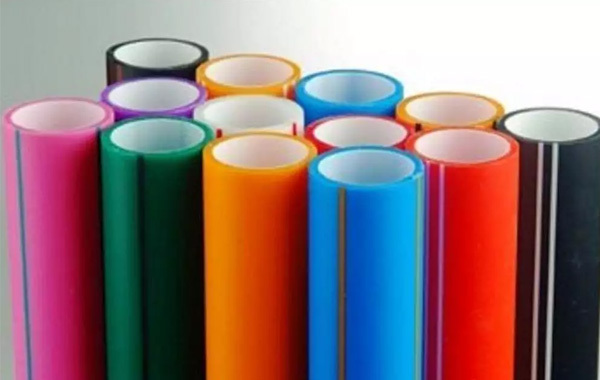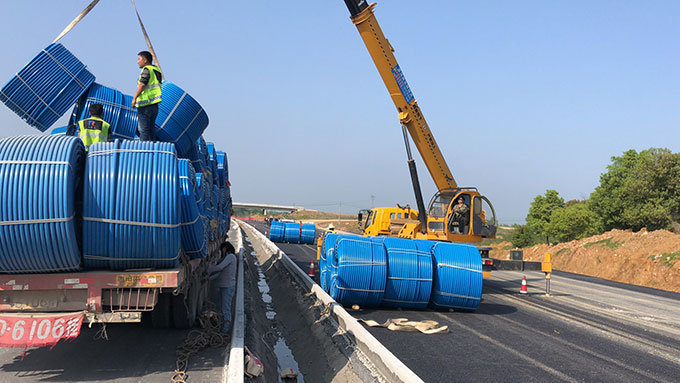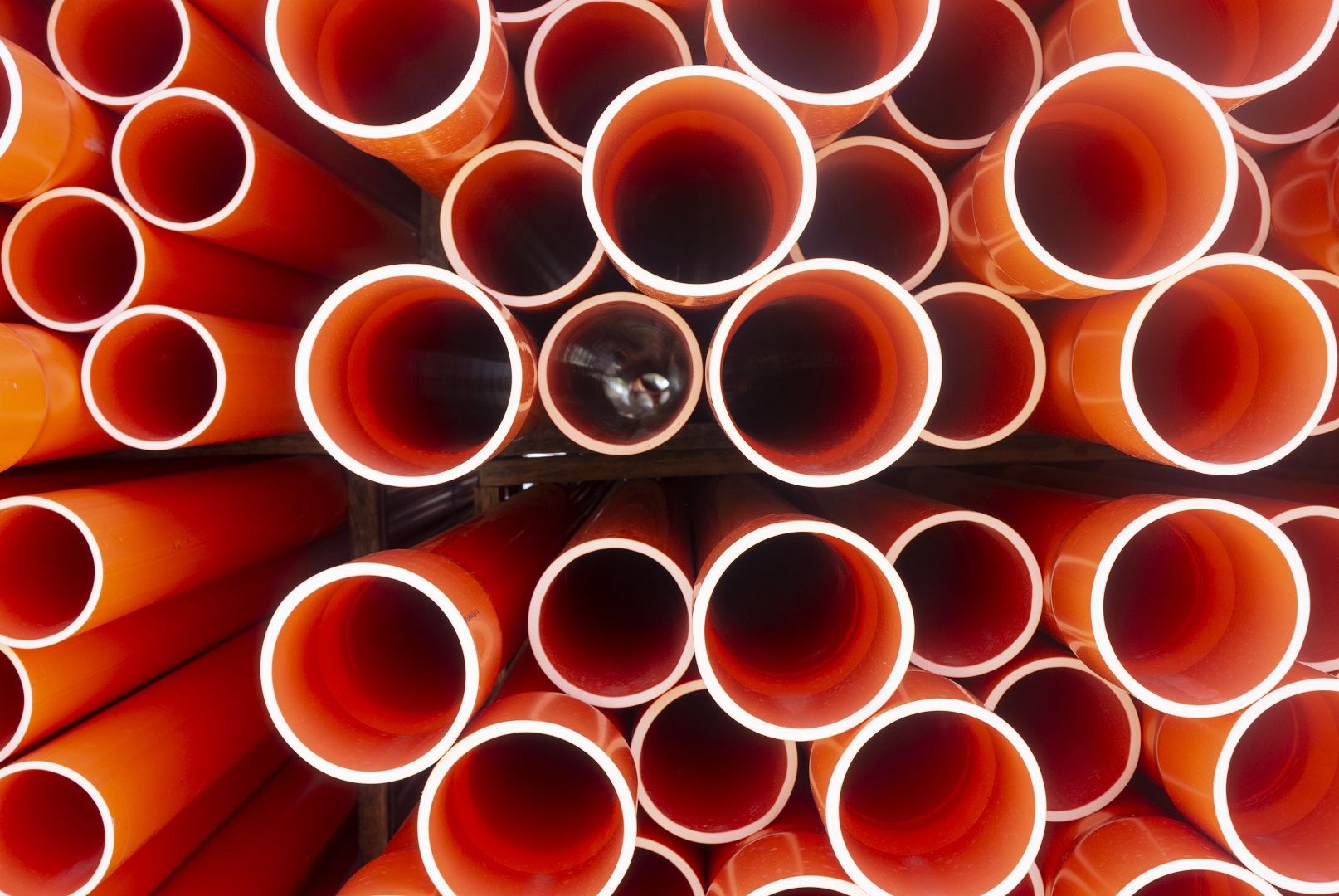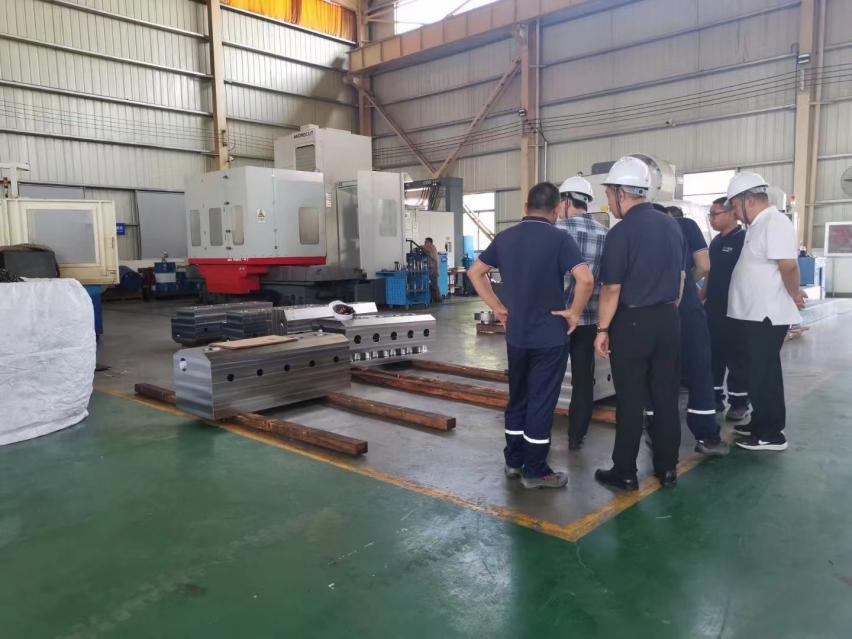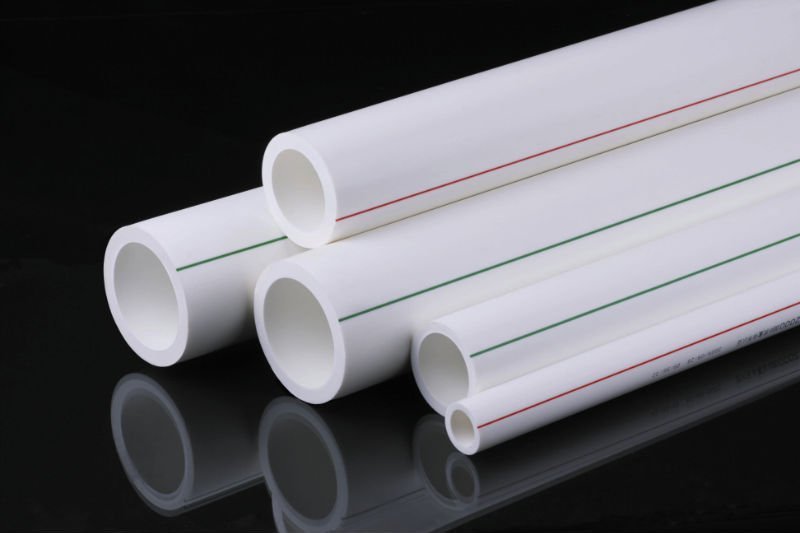Understanding Optical Cable Silicon Core Tubes: Essential Insights for Electrical Professionals
Oct 17,2024
---
In the rapidly evolving field of telecommunications, the demand for efficient and reliable data transmission has never been greater. One of the pivotal components contributing to this advancement is the optical cable silicon core tube. Understanding its role and functionality is crucial for professionals in the electrical and fiber optic industry.
An optical cable silicon core tube serves as a protective and supportive structure for the fiber optic strands contained within. Typically made from high-quality silicone, these tubes provide exceptional durability and flexibility, catering to the diverse environmental conditions that cables often encounter. The silicon material is chosen for its excellent thermal stability and resistance to moisture, which are essential in maintaining the integrity and performance of the fiber optics during installation and throughout their lifecycle.
The design of the silicon core tube also plays a vital role in minimizing signal loss. The core is engineered to reduce micro-bending and macro-bending effects, which can significantly affect the transmission quality of light signals in fiber optics. By maintaining optimal conditions for the fibers, these tubes enhance the overall performance of optical cables, ensuring efficient data transmission over long distances.
One of the primary advantages of optical cable silicon core tubes is their lightweight nature. This feature not only facilitates easier installation but also reduces the load on supporting structures, which is particularly beneficial in overhead cabling scenarios. Furthermore, their flexibility allows them to be adapted to various configurations, making them suitable for a wide range of applications, from telecommunications networks to data centers.
In terms of applications, optical cable silicon core tubes are critical in environments where high performance is essential. They are widely utilized in urban areas, where the demand for bandwidth is high, as well as in industrial settings, where robust infrastructure is necessary. Their ability to withstand harsh conditions without compromising the quality of data transmission makes them an ideal choice for both indoor and outdoor installations.
Moreover, as the industry continues to push towards higher transmission speeds and greater capacities, the importance of quality materials such as silicon cannot be overstated. Professionals involved in the design, installation, and maintenance of fiber optic systems must prioritize using high-grade silicon core tubes to ensure optimal performance and longevity of their networks.
In conclusion, understanding optical cable silicon core tubes is essential for anyone involved in the electrical and fiber optic fields. Their unique properties contribute significantly to the efficiency and reliability of data transmission systems, making them a critical component in modern telecommunications infrastructure. As the industry progresses, staying informed about advancements in materials and design will empower professionals to enhance their services and contribute to the future of connectivity.
In the rapidly evolving field of telecommunications, the demand for efficient and reliable data transmission has never been greater. One of the pivotal components contributing to this advancement is the optical cable silicon core tube. Understanding its role and functionality is crucial for professionals in the electrical and fiber optic industry.
An optical cable silicon core tube serves as a protective and supportive structure for the fiber optic strands contained within. Typically made from high-quality silicone, these tubes provide exceptional durability and flexibility, catering to the diverse environmental conditions that cables often encounter. The silicon material is chosen for its excellent thermal stability and resistance to moisture, which are essential in maintaining the integrity and performance of the fiber optics during installation and throughout their lifecycle.
The design of the silicon core tube also plays a vital role in minimizing signal loss. The core is engineered to reduce micro-bending and macro-bending effects, which can significantly affect the transmission quality of light signals in fiber optics. By maintaining optimal conditions for the fibers, these tubes enhance the overall performance of optical cables, ensuring efficient data transmission over long distances.
One of the primary advantages of optical cable silicon core tubes is their lightweight nature. This feature not only facilitates easier installation but also reduces the load on supporting structures, which is particularly beneficial in overhead cabling scenarios. Furthermore, their flexibility allows them to be adapted to various configurations, making them suitable for a wide range of applications, from telecommunications networks to data centers.
In terms of applications, optical cable silicon core tubes are critical in environments where high performance is essential. They are widely utilized in urban areas, where the demand for bandwidth is high, as well as in industrial settings, where robust infrastructure is necessary. Their ability to withstand harsh conditions without compromising the quality of data transmission makes them an ideal choice for both indoor and outdoor installations.
Moreover, as the industry continues to push towards higher transmission speeds and greater capacities, the importance of quality materials such as silicon cannot be overstated. Professionals involved in the design, installation, and maintenance of fiber optic systems must prioritize using high-grade silicon core tubes to ensure optimal performance and longevity of their networks.
In conclusion, understanding optical cable silicon core tubes is essential for anyone involved in the electrical and fiber optic fields. Their unique properties contribute significantly to the efficiency and reliability of data transmission systems, making them a critical component in modern telecommunications infrastructure. As the industry progresses, staying informed about advancements in materials and design will empower professionals to enhance their services and contribute to the future of connectivity.
Latest News

